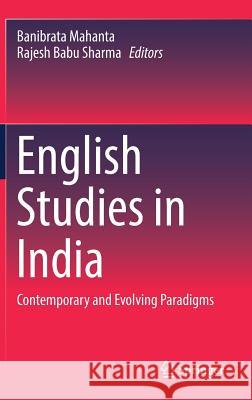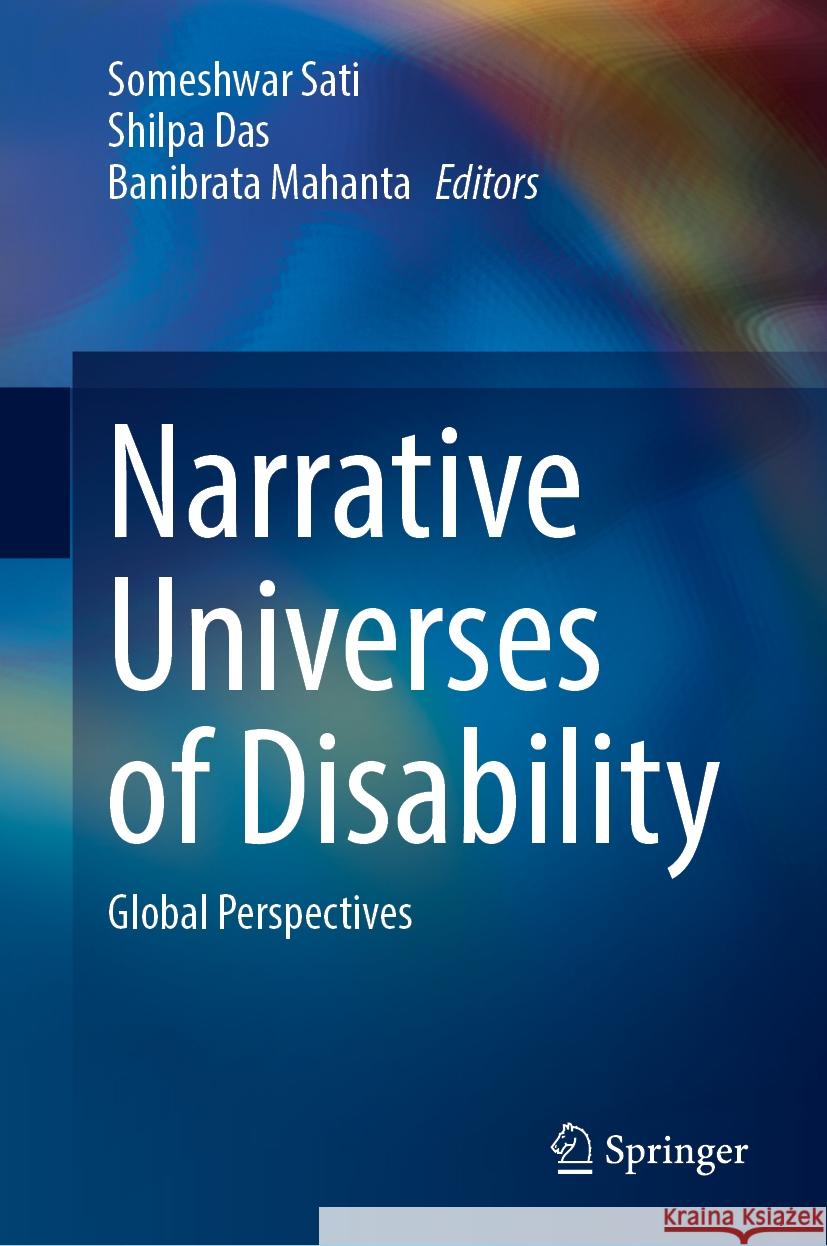topmenu
Wyniki wyszukiwania:
wyszukanych pozycji: 2
 |
English Studies in India: Contemporary and Evolving Paradigms
ISBN: 9789811315244 / Angielski / Twarda / 2018 / 223 str. Termin realizacji zamówienia: ok. 16-18 dni roboczych. |
cena:
402,53 |
 |
Narrative Universes of Disability: Global Perspectives
ISBN: 9789819633838 / Angielski / Twarda / 2025 / 245 str. Termin realizacji zamówienia: ok. 16-18 dni roboczych. This volume explores and critically examines how disability is communicated to and comprehended by individuals and societies, focussing on the shaping of these narratives within diverse disciplinary environments, and their interrelation with institutions like academia. It delves into the intersection between disability and several new areas of study, such as translation studies, citizenship, inclusive design and accessibility, thereby broadening the scope of the discipline of disability studies. The volume highlights how disability embodiment shapes narrative structure, and challenges deeply...
This volume explores and critically examines how disability is communicated to and comprehended by individuals and societies, focussing on the shaping...
|
cena:
563,56 |










